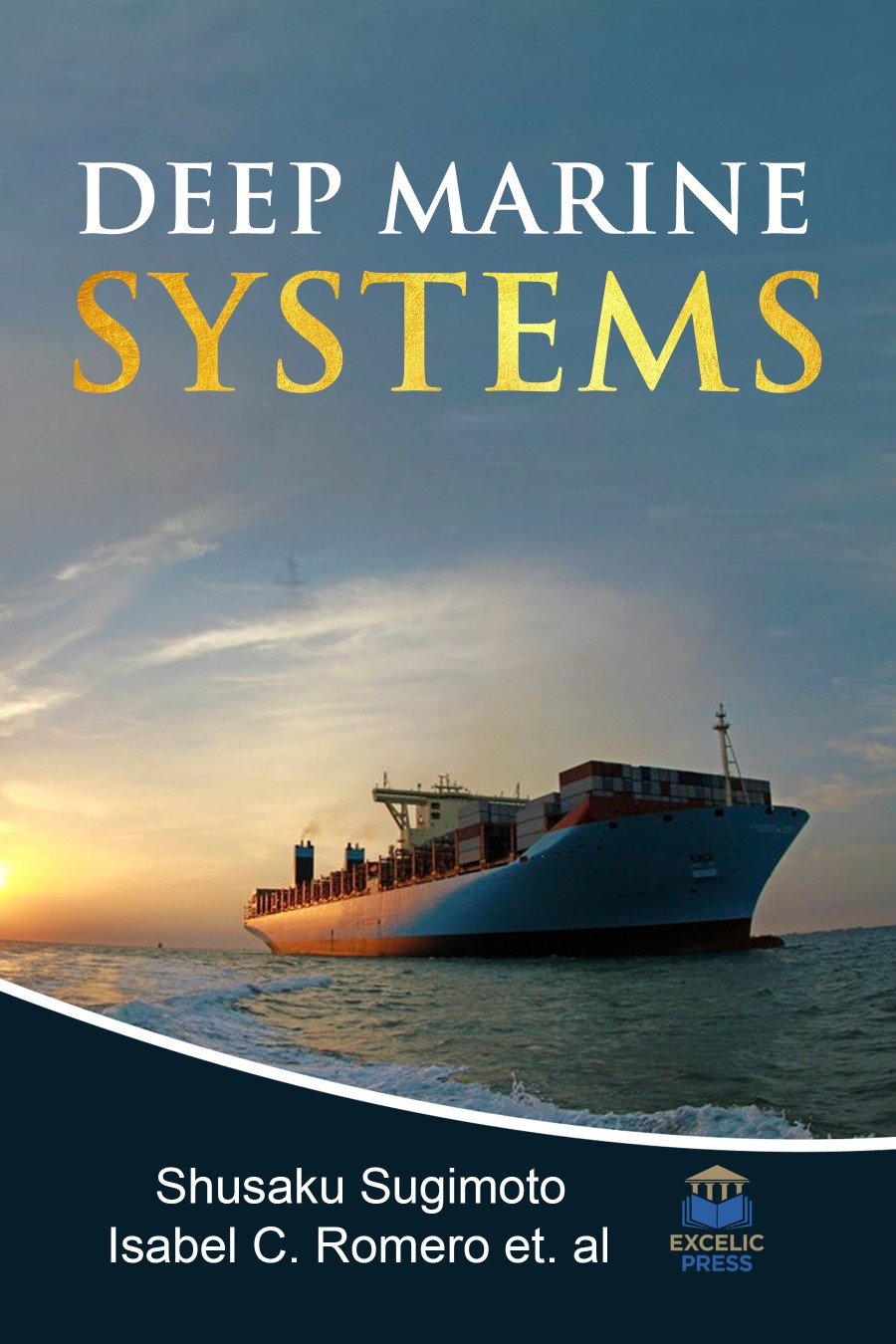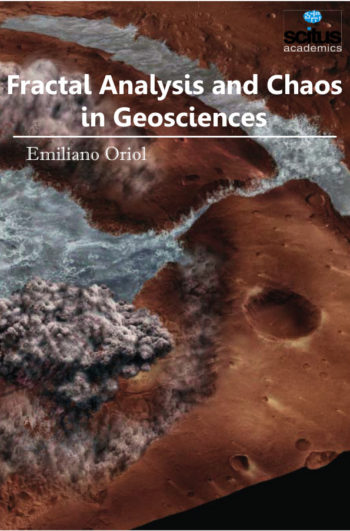The oceans have a great impact on the Earth and its climate. Coastal zones are not static but dynamic environments. They involve transformation of mass and energy through waves and currents. Shorelines are always subjected to both continental and oceanic processes. Waves, tides and currents are very powerful geomorphic agents. The erosional and depositional work of the sea waves can create many spectacular landscapes along the borders of the continents. Studying the coastal landforms are interesting aspects in geomorphology. Over 1200 oil and gas fields are known from deep-water systems. The petroleum industry is increasingly moving exploration into the deep-water realm to meet the growing demand for oil and gas. There is no shortage of deep-water discoveries. To produce hydrocarbons economically, a proper understanding of the reservoir is a prerequisite. To meet this challenge successfully, petroleum geologists, petrophysicists, and engineers must have a good working knowledge of deepwater processes and their implications for sandstone reservoirs.
Deep Marine Systems brings together detailed coverage on modern and ancient deep-water sedimentary environments, tectonic settings, and how basinal and extra-basinal processes generate the typical characteristics of basin slopes, submarine canyons, contourite mounds and drifts, submarine fans, basin floors and abyssal plains. It describes the sedimentary facies of the deep-marine deposits, and discusses the link between depositional facies and the variation in porosity and permeability of the sandstones. Further, other factors controlling the variation in porosity and permeability of these deep-marine sandstones are discussed. Factors that cause anomalously high porosity and permeability are discussed widely in the literature; however, many of these studies focus on deeply buried shallow-marine reservoirs with grain coats.
This book is of interest to advanced graduate students, and researchers with interests in physical oceanography and hydrocarbon exploration and production, about many of the important physical aspects of deep-water systems.













